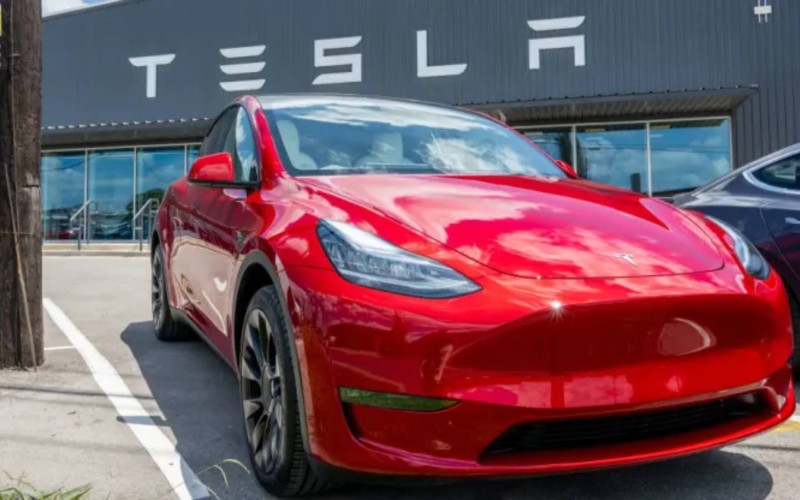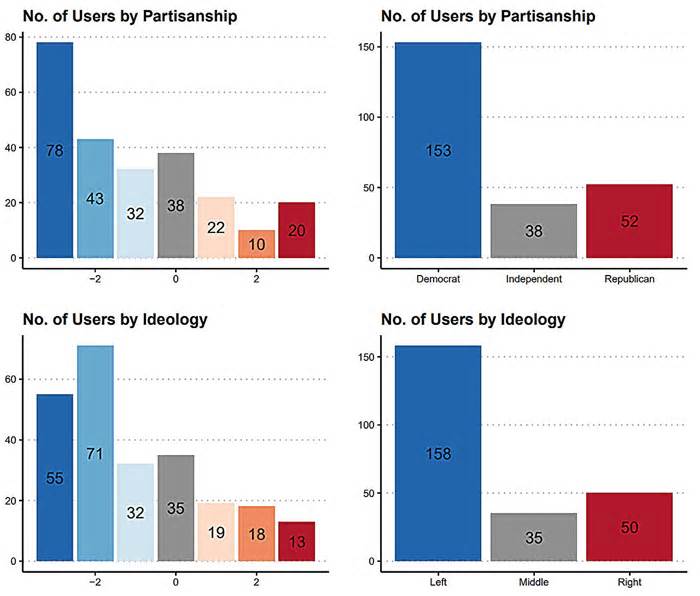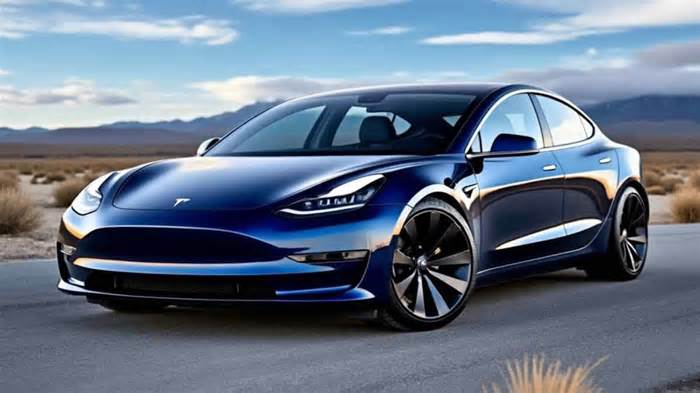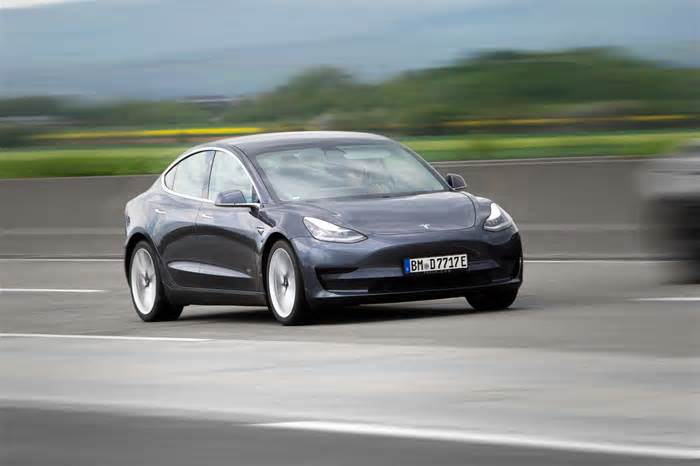
🔒 Musk’s political play: Power, influence, and the Trump connection
- by biznews.com
- Nov 04, 2024
- 0 Comments
- 0 Likes Flag 0 Of 5

Editor BizNews
In an era where politics and business intertwine, Elon Musk’s support for Donald Trump raises critical questions about influence and accountability. As the billionaire backs Trump’s potential reelection with substantial financial resources and strategic ties, his ambitions could reshape not only corporate policies but also the fabric of American governance.
Sign up for your early morning brew of the BizNews Insider to keep you up to speed with the content that matters. The newsletter will land in your inbox at 5:30am weekdays. Register here.
The seventh BizNews Conference, BNC#7, is to be held in Hermanus from March 11 to 13, 2025. The 2025 BizNews Conference is designed to provide an excellent opportunity for members of the BizNews community to interact directly with the keynote speakers, old (and new) friends from previous BNC events – and to interact with members of the BizNews team. Register for BNC#7 here.
By Liam Denning, Thomas Black and Dave Lee
Terraforming Mars may be a pipe dream, but Elon Musk is all in on colonizing somewhere closer to home: the White House. ___STEADY_PAYWALL___
The world’s richest man is lavishing money and vast corporate resources on ensuring Donald Trump is reelected as the US president. The web of contracts and subsidies that bind his empire to government largess have not prevented him from inserting himself into America’s fraught politics — and, depending on the outcome, ever more deeply into the fabric of society and national security.
Billionaires, corporate titans and anyone else with financial interests on the line rarely offer their wealth and time gratis. So what is Musk after, and what potential conflicts of interest arise when someone with such broad influence throws himself into one of the most consequential elections in US history?
After all, the man behind Tesla Inc., X Corp., Space Exploration Technologies Corp. and a host of other companies isn’t simply campaigning for the man who might be president again. Musk may also join a potential second Trump administration.
While the boundaries between business and politics in the US have always been malleable, for better and worse, Musk’s roles and reach raise unprecedented questions about self-dealing and the evaporation of ethical, legal and financial guidelines meant to protect the public interest and good government.
Consider Musk’s sway, built over an undeniably remarkable career. Tesla brought electric vehicles into the mainstream, forcing the legacy automobile industry to play catch-up. SpaceX made the US competitive again in the commercial rocket business. Starlink, a SpaceX subsidiary, offers a satellite-based communication network that spans the globe. X, the social media platform formerly known as Twitter, still shapes public opinion with a keystroke, despite its pell-mell management and transformation into a font of disinformation and muck under Musk.
Musk’s foothold in Trump’s orbit could add direct policymaking power to his business portfolio — giving him a say on public finances and an opportunity to bring his special brand of “moving fast and breaking things” to the foundations of popular programs such as Social Security and Medicare.
Musk treads a well-worn path; his mix of innovation, industrial heft, penchant for racist conspiracy theories and overt eccentricities recall the likes of Henry Ford and Howard Hughes. SpaceX rules — with or without Trump
SpaceX, the privately held rocket developer in which Musk is the CEO and largest shareholder, is where his empire intersects most clearly with the public interest — and national security. The company dominates space transportation, has revitalized the US aerospace industry and is indispensable to the federal government.
Its pivotal innovation was developing reusable rockets to sharply cut launch costs, born of Musk’s dream of traveling to — and eventually occupying — Mars. In 2002, he bet part of his fortune from early entrepreneurial successes, including Paypal Holdings Inc., on SpaceX, weathering several failures to finally notch his first successful launch in 2008. NASA was an early and crucial partner, providing contracts, expertise and crews.
The tide really turned in SpaceX’s favor in 2014 when NASA chose it and Boeing Co. to carry astronauts to the International Space Station, which would finally break the agency’s dependence on Russian rockets. The company retrieved its first rocket booster the next year and now boasts the world’s most flown rocket in the Falcon 9.
Although SpaceX received a smaller initial contract than Boeing, Musk’s company has taken astronauts to the space station on several missions while Boeing has yet to fulfill its contract amid well-publicized stumbles.
In 2019, SpaceX launched its first group of 60 satellites into low-Earth orbit, marking the beginning of Starlink, which now has more than 6,000 satellites that provide high-speed internet almost anywhere, including to vehicles on the move such as RVs, aircraft and ships. Designed for consumers, it has become invaluable to governments during disasters and in war zones. Musk is also launching secured satellites to create a network called Starshield that’s specifically for governments.
All this has made SpaceX a vital contractor to the US government, including its military and intelligence agencies, as well as to nations around the world, giving Musk unprecedented access to and leverage with officials.
Starlink has provided internet services to war-torn Ukraine, but Musk has also clashed with its government after curtailing the service to prevent an attack on Russia’s Black Sea Fleet in occupied Crimea. Musk, according to a biography, was concerned that the operation would provoke a Russian nuclear strike. Meanwhile, the US Federal Emergency Management Agency has used Starlink to provide communications in areas hit by Hurricane Helene.
There has been alarm over Musk’s polarizing machinations, including his zealous support for Trump and, more ominously, his “regular contact” with Russian President Vladimir Putin, as reported by the Wall Street Journal. Despite all of that, the Biden administration has had to deal with him — if not always harmoniously. Expect that to continue if Vice President Kamala Harris wins the presidency.
A Trump White House, on the other hand, could help address the litany of complaints Musk has leveled against government agencies. He cried foul after Starlink didn’t qualify to provide service in the $42 billion Broadband Equity, Access, and Deployment Program to bring high-speed internet to rural areas. He has clashed with the Federal Aviation Administration over permits for rocket launches and denounced fines over license violations as “lawfare.” SpaceX blasted the FAA in September for delaying a test launch of its Starship rocket over environmental concerns — a tactic that seemed to work when permission for the launch was then granted earlier than expected. (SpaceX wowed the world by capturing the spent first-stage booster with mechanical “chopsticks” at the launch pad.)
With Musk ensconced within a Trump administration, federal regulators might feel even less inclined to clash with SpaceX (echoing his preferred regulatory treatment of autonomous vehicles). Musk would wield outsized influence on space policy, an area of special interest to Trump, on whose watch the US Space Force was established. A Trump administration could also be expected to relax the enforcement of regulations for SpaceX in areas such as launch safety and environmental impacts, and likely increase the government’s dependency on it, ignoring the conflicts that would entail.
Beyond the domestic sphere, Trump might be tempted to use Musk and his company as a tool for foreign policy. The impact of Starlink’s technology cannot be overstated, especially outside the US. That has made some in the Biden administration nervous because of Musk’s ability to switch the service on or off at will. The Starlink kit typically costs about $600 and is easily deployable. Governments across Latin America, Africa and Asia have granted the company access. Black-market sales elsewhere underscore the scale of demand.
No matter who wins the election, government dependency on SpaceX will only grow as the world gears up for a second space race. A Harris victory would temper that relationship with tension over regulations and a dose of mistrust. Under Trump, the SpaceX-government relationship would come with lower guardrails. That could have potentially worrying consequences for safety (if lax regulation ensues), competition and — most important — national security.
Used Tesla Model Y 2024
Apr 26, 2024
Please first to comment
Related Post
Stay Connected
Tweets by elonmuskTo get the latest tweets please make sure you are logged in on X on this browser.
Sponsored
Popular Post
Tesla: Buy This Dip, Energy Growth And Margin Recovery Are Vastly Underappreciated
28 ViewsJul 29 ,2024






 Energy
Energy



















